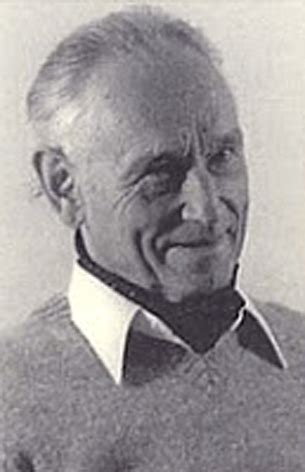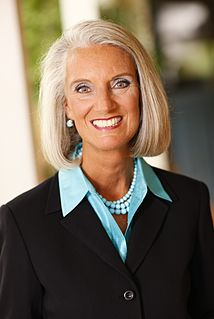A Quote by Joseph Hall
He that taketh his own cares upon himself loads himself in vain with an uneasy burden. I will cast all my cares on God; He hath bidden me; they cannot burden Him.
Related Quotes
It is not the cares of today, but the cares of tomorrow, that weigh a man down. For the needs of today we have corresponding strength given. For the morrow we are told to trust. It is not ours yet. It is when tomorrow's burden is added to the burden of today that the weight is more than a man can bear.
Men do not avail themselves of the riches of God's grace. They love to nurse their cares, and seem as uneasy without some fret as an old friar would be without his hair girdle. They are commanded to cast their cares upon the Lord, but even when they attempt it, they do not fail to catch them up again, and think it meritorious to walk burdened.
A Christian should put away all defense and make no attempt to excuse himself either in his own eyes or before the Lord. Whoever defends himself will have himself for his defense, and he will have no other. But let him come defenseless before the Lord and he will have for his defender no less than God Himself.
The believer is sensible of his infirmities, for it is supposed that he is wrestling under them. He sees, he feels, that he is not man enough for his work; that his own hands are not sufficient for him, nor his own back for his burden; this is what drives him out of himself to the grace that is in Christ Jesus. And thus he lies open to the help of the Spirit, while proud nature in unbelievers is left helpless.
He will be the best Christian who has Christ for his Master, and truly follows Him. Some are disciples of the church, others are disciples of the minister, and a third sort are disciples of their own thoughts; he is the wise man who sits at Jesus' feet and learns of Him, with the resolve to follow His teaching and imitate His example. He who tries to learn of Jesus Himself, taking the very words from the Lord's own lips, binding himself to believe whatsoever the Lord hath taught and to do whatsoever He hath commanded-he I say, is the stable Christian.
We found in the course of our journey the convenience of having disencumbered ourselves, by laying aside whatever we could spare; for it is not to be imagined without experience, how in climbing crags and treading bogs, and winding through narrow and obstructed passages, a little bulk will hinder, and a little weight will burden; or how often a man that has pleased himself at home with his own resolution, will, in the hour of darkness and fatigue, be content to leave behind him everything but himself.
No true Latter-Day Saint, while physically or emotionally able will voluntarily shift the burden of his own or his family's well-being to someone else. So long as he can, under the inspiration of the Lord and with his own labors, he will supply himself and his family with the spiritual and temporal necessities of life.
And truly it demands something god like in him who has cast off the common motives of humanity, and has ventured to trust himself for a taskmaster. High be his heart, faithful his will, clear his sight, that he may in good earnest be doctrine, society, law, to himself, that a simple purpose may be to him as strong as iron necessity is to others!
Samson crushed himself and his enemies to death beneath the ruins of a building. He can only be excused on the grounds that the Spirit of the Lord, who wrought miracles through him, had bidden him to do so. But, apart from such men excepted by the command of a just law in general or of God, the very Source of justice, in a special case, any one who kills a human being, himself or another, is guilty of murder.
It has been well said that no man ever sank under the burden of the day. It is, when tomorrow's burden is added to the burden of today, that the weight is more than a man can bear. Never load yourselves so, my friends. If you find yourselves so loaded, at least remember this: it is your own doing, not God's. He begs you to leave the future to Him, and mind the present.

































